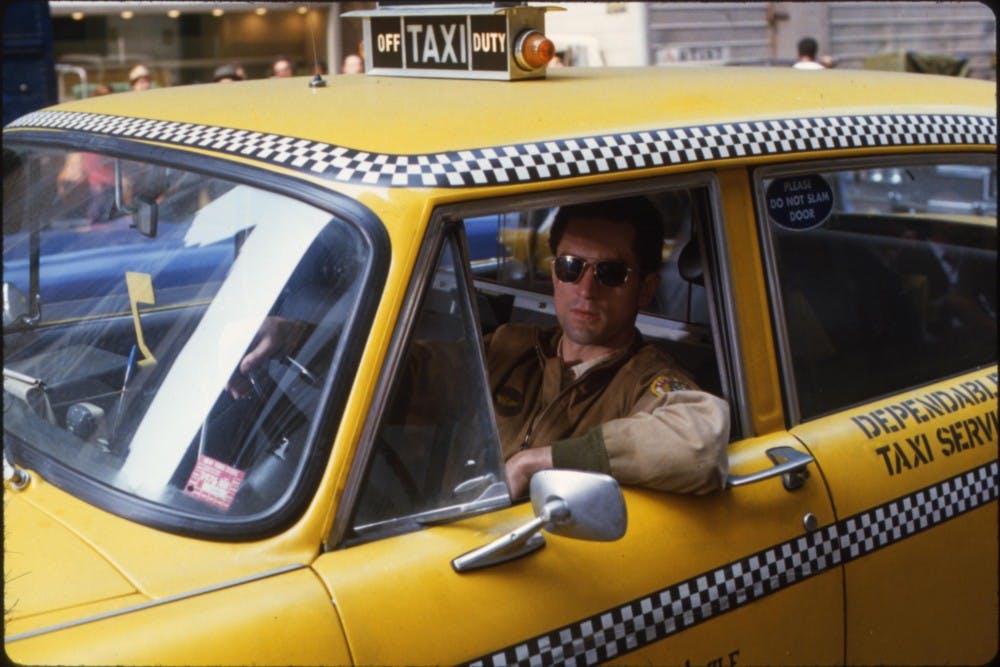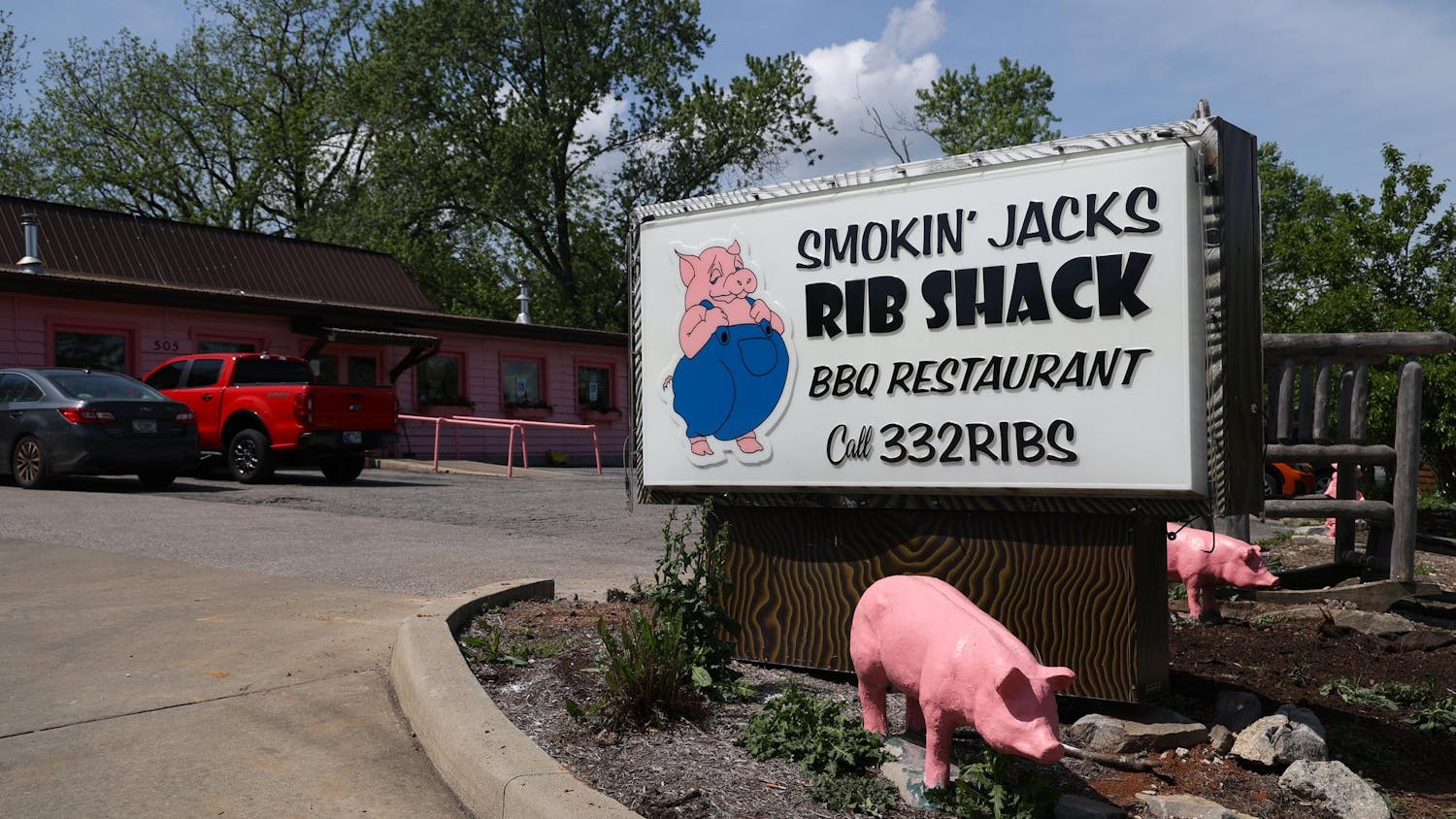Most films make you identify with the main character so you’re interested in watching them.
Some films, however, go one step further and submerge you in the mind of their protagonist. This is done expertly in “Taxi Driver,” an American masterpiece that celebrates its 40th anniversary this year.
“Taxi Driver” is the story of Travis Bickle, a former Marine who gets a job as a cab driver due to his insomnia. Bickle is lonely and disgusted by the crime and filth of 1970s New York City. His increasingly unhinged mental state will lead him on a violent quest to help a very young prostitute.
This movie puts you in Bickle’s head from the first minute of the film. His eyes fill the screen, and the next shots are of a hazy, neon-lit New York City seen from Bickle’s point of view. This sequence immediately establishes how Bickle sees this world and that he will be our guide through it.
This subjectivity can be seen in many sequences during “Taxi Driver.” One of my favorites comes as Bickle gives a speech in his head defining himself as a hero. Halfway through the speech he stumbles over his words. The camera immediately cuts to what looks like the start of the same shot as Bickle repeats his speech from the beginning. It is a great visualization of a type of moment everyone has had.
That sequence is probably not often discussed because it follows the famous scene where Robert De Niro, who plays Bickle, stares in the mirror and asks, “You talkin’ to me?” De Niro gives an amazing performance as Bickle. He doesn’t soften the dangerous edges of Bickle’s personality, but does find the pain and humanity inside of him that allow the audience to not hate Bickle, and even to understand him.
The rest of the performances are excellent. Cybill Shepherd is good as Betsy, a woman Travis briefly dates. Jodie Foster is compelling as Iris, the 12-year old prostitute Bickle tries to help. Harvey Keitel is unnervingly creepy as Iris’s pimp, Sport.
Martin Scorsese directed “Taxi Driver.” It was his fifth feature film and shows his mastery of filmmaking, especially in terms of editing rhythm and cinematography. He even gives a good acting performance as a passenger in Bickle’s taxi.
“Taxi Driver” has proven to be very influential. The way it submerges the audience into the mind of its protagonist can be seen in films like “Fight Club” and “Black Swan.” Sam Esmail recently cited its cinematography and use of voice-over as influences for his hit TV show “Mr. Robot.”
You might dislike the violence of “Taxi Driver,” or some of its darker moments. But it is exceptionally well made and features excellent performances. It is a movie that everyone should see at least once.
Jesse Pasternack
@jessepasternack




